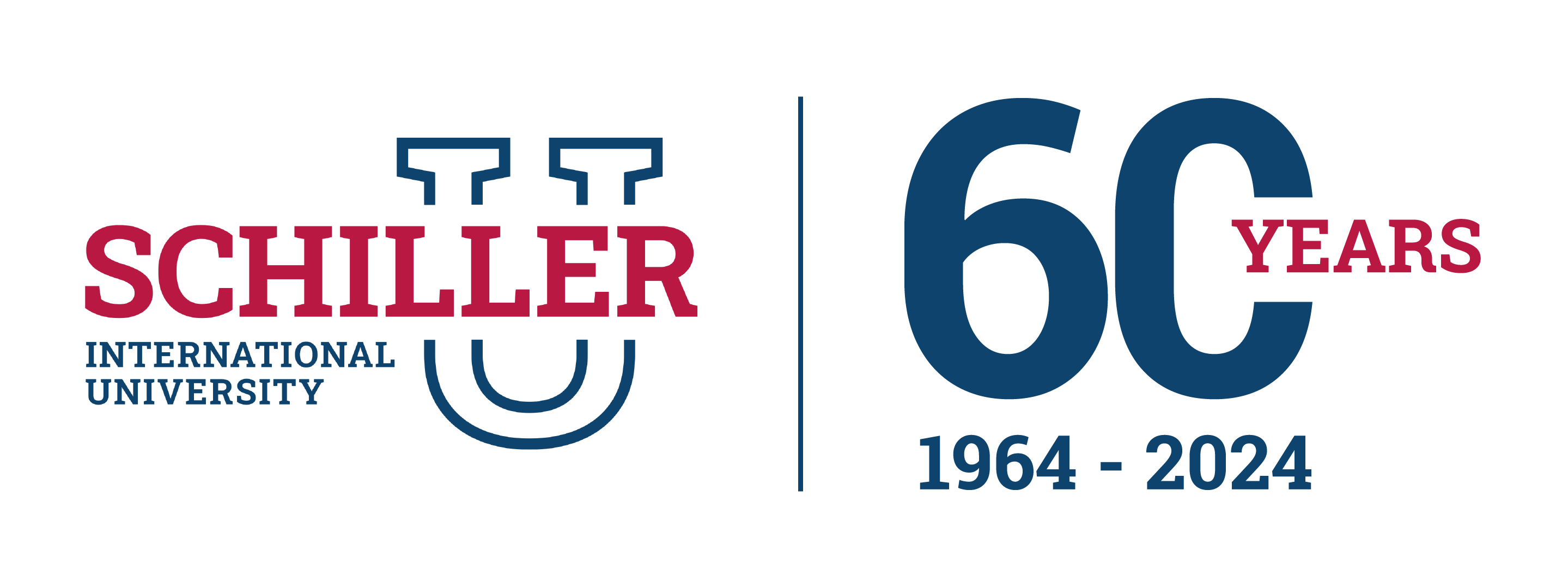Ana Eseverri Mayer
Founder and Director of Alliances and Impact at AIPC Pandora Founder and CEO at Lea Global Pathways
We live in a world in constant transformation, where everything is reinvented, resized, and adapted, shaping social and economic models that, as they are defined, are already entering a new process of change.
Every day new technologies, new work methodologies, new political, social, or health crises appear before us, forcing us to adapt at a pace for which we are not always prepared. In this context, now more than ever, it makes sense to ask ourselves: How do we learn?
This is a great question, and from educational organizations such as AIPC Pandora or Schiller International University, we have an increasingly clear answer; people live and choose with their feelings much more than with reason, our feeling is strongly conditioned by our scale of values and these, in turn, by our life experiences. What we do with our lives is essential to develop those competencies and abilities that will help us position ourselves and contribute to this society in permanent evolution.
On December 5, we celebrated International Volunteer Day, and different actions throughout the world highlighted the crucial role of volunteers for the betterment of society. Voluntary action represents an engine, a current, and a movement that leads us to act for the common good, without any implicit economic motivation. Volunteering has existed for centuries, there has always been the need to help without material reward, usually linked to religious movements. It is in the interwar period, in times of crisis and great need, where it was necessary to organize better, then, the first structures emerged, in many cases international, given the geographical need, which gradually lead to what we call the third sector, in many cases, based on volunteering.
But why has volunteering continued to grow and regulate until today? Why has it been recognized by secondary and university academic programs?; because with volunteering you learn, voluntary action produces such a positive emotional exchange that it is capable of transforming people. At AIPC Pandora, we have been promoting national and international volunteering projects for 22 years, there are more than 15,500 volunteers who have gone through our projects and in more than 97% of the cases, the impact is highly positive.
This is the reason that unites us, both physically and educationally with Schiller University, a place where you learn by experimenting, by doing, where formal and informal, academic and experimental learning merge and respond to the competency development necessary to live and work in today's world.
And how do we move from experiential learning to the development of these necessary competencies? It is a complex process, but after contrasting it over the years, I believe I can summarize it in the development of the 6 Cs. Through the development of the first 3: Critical Thinking, Creativity, Communication, we are able to achieve the following 3 that lead us to know how to Connect, Compete, and Collaborate in a globalized and highly technologized world where, as we know, we have to reinvent ourselves over and over again.
Of all the Cs, I choose critical capacity, volunteering, it puts us in the center of the action, it leads us to participate in the first person and allows us to learn in such a resounding way that we are capable of being critical both with the content and with the container, with the method and with its result, thus contributing to the much-needed dynamic of teaching and learning for the progress of a more just, sustainable, and peaceful world.

 Apply Now
Apply Now








